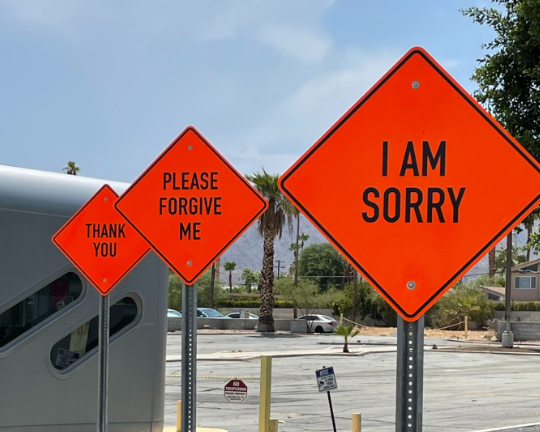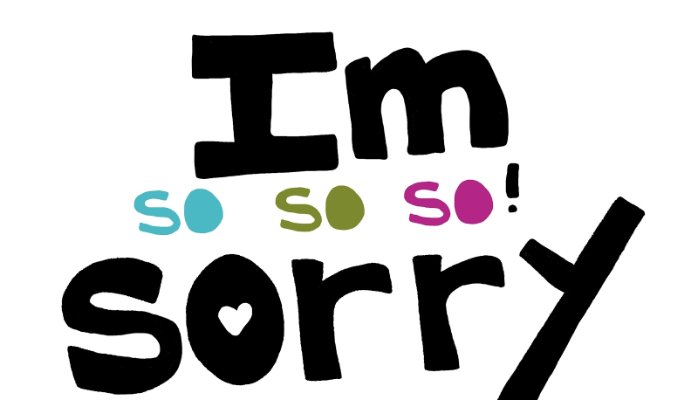“Life becomes easier when you learn to accept an apology you never got.”
—Robert Brault, American Freelance Writer

We all recognize that life can be difficult at times. Take a few moments and look into your past, to a time when someone wronged you, personally or professionally. Examine all the details of this event to see if it still has any grip on you, especially if you never received a proper apology.
For many people, reliving such events in their minds can be particularly upsetting and painful, even if the occurrence happened years or decades ago.
EXERCISE:
How could you make your life easier and travel lighter by developing the talent to accept apologies you never received?






